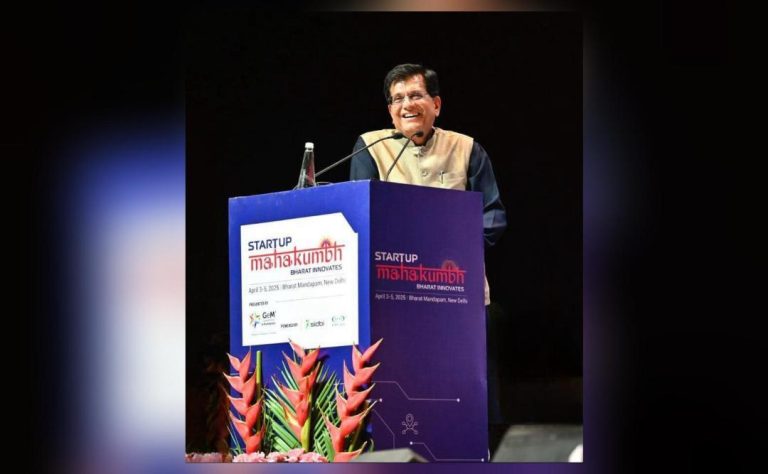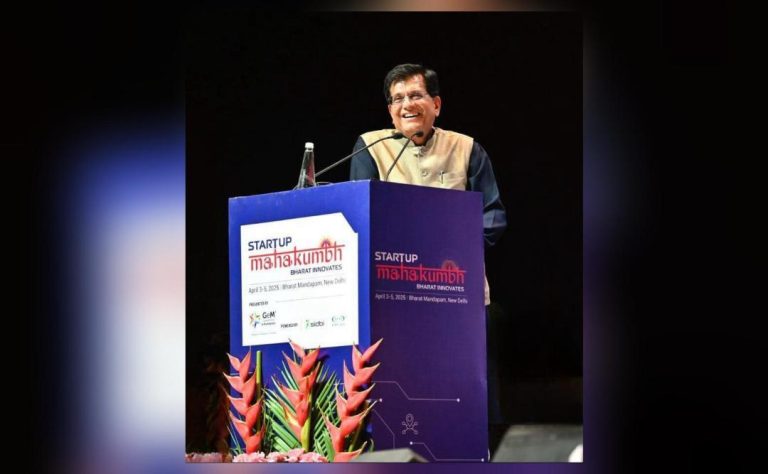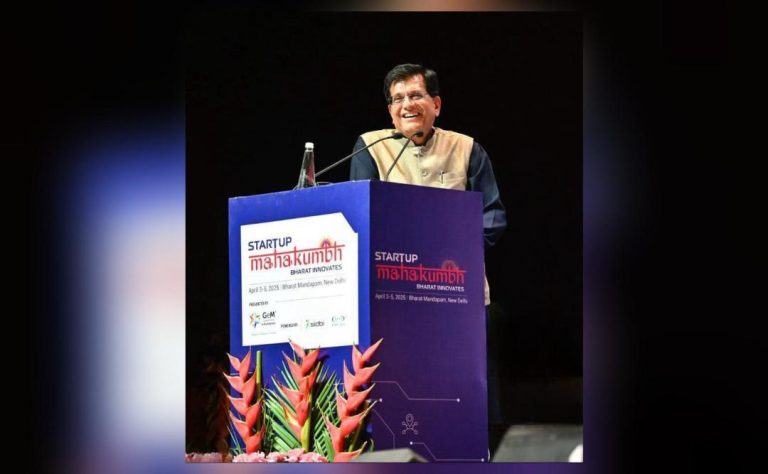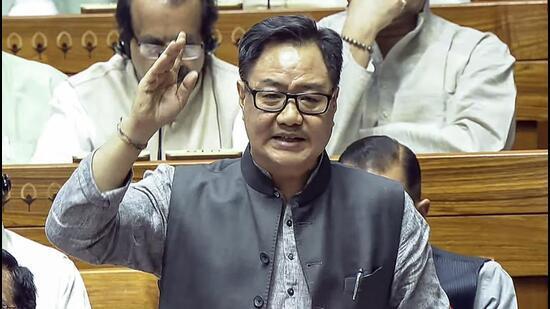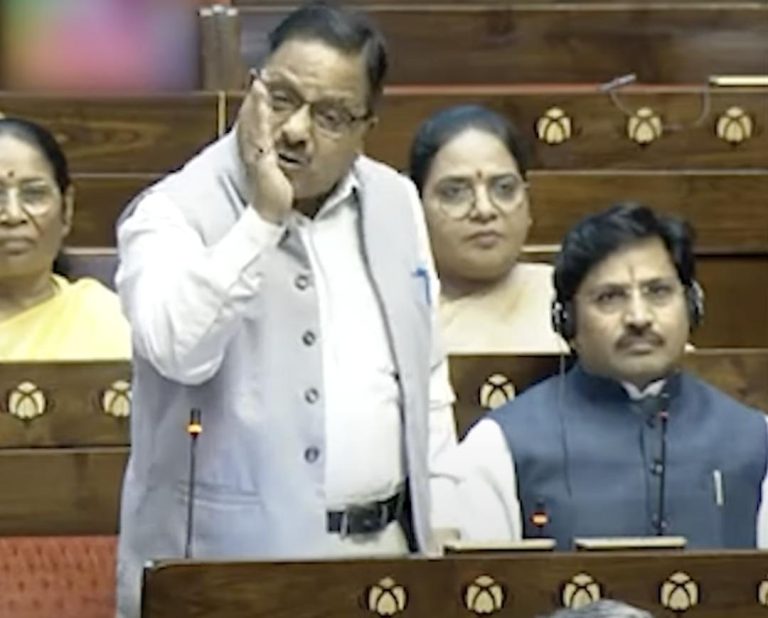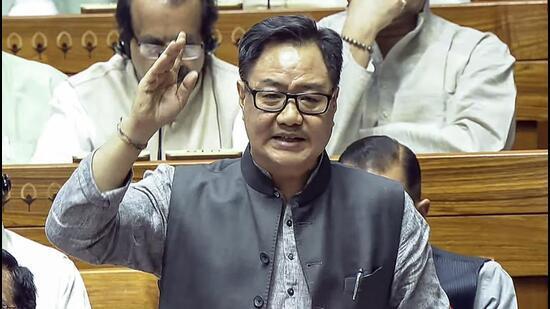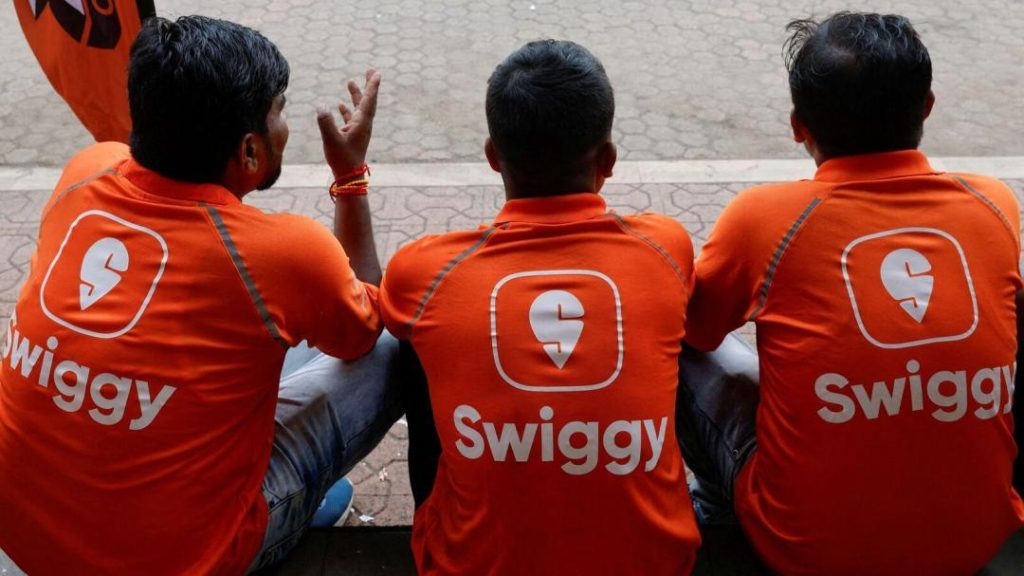
Swiggy Faces ₹158 Crore Tax Demand Over Cancellation Fees
The Indian food delivery giant, Swiggy, has recently received a significant tax demand from the Income Tax department for the financial year 2021-22. The company has been slapped with a ₹158 crore tax demand, citing alleged violations related to cancellation charges paid to its merchants. The Bengaluru-based company has announced that it plans to appeal against the demand, claiming that it stems from a misunderstanding of tax provisions.
The tax demand is a significant blow to Swiggy, which has been expanding its presence in the Indian market rapidly. The company has been facing intense competition from its rivals, Zomato and Foodpanda, and has been investing heavily in its logistics and supply chain to ensure timely delivery of food items to its customers.
Swiggy’s cancellation fees are a key revenue stream for the company, as it charges its merchants a certain percentage of the order value whenever a customer cancels their order. The company claims that this fee is necessary to compensate its merchants for the inconvenience caused by the cancellation.
However, the Income Tax department has alleged that Swiggy’s cancellation fees are not in compliance with the tax laws, and that the company has been avoiding taxes by misclassifying these fees as “discounts” rather than “service charges”. The department has also accused Swiggy of not providing adequate documentation to support its claims of cancelling orders.
Swiggy has denied any wrongdoing and has stated that it will appeal against the tax demand. The company claims that it has always complied with tax laws and has provided all necessary documentation to support its claims. Swiggy’s CEO, Sriharsha Majety, has stated that the company is “disappointed” with the tax demand and believes that it is “unjustified”.
The tax demand against Swiggy has sent shockwaves through the Indian startup ecosystem, as it raises important questions about how cancellation fees should be taxed in the evolving digital economy. Experts suggest that the case may set a precedent for how these fees are taxed in the future.
“Swiggy’s cancellation fees are a key revenue stream for the company, and the tax demand highlights the need for clarity on how these fees should be taxed,” said an expert in the field. “The case may set a precedent for how other food delivery companies and e-commerce platforms handle cancellation fees, and it is likely to have a significant impact on the industry as a whole.”
The tax demand against Swiggy is also likely to have implications for its merchants, who rely on the company for a significant portion of their income. The company’s alleged failure to comply with tax laws has raised concerns about the transparency and accountability of its business practices.
In recent years, there has been a growing trend towards digitization in the Indian economy, with more and more companies shifting their operations online. This has raised important questions about how these companies should be taxed, and how their business practices should be regulated.
The case against Swiggy highlights the need for clear and consistent tax laws that take into account the unique challenges and opportunities of the digital economy. The company’s alleged failure to comply with tax laws has raised concerns about the transparency and accountability of its business practices, and it is likely to have significant implications for the industry as a whole.
As the case against Swiggy continues to unfold, it is likely to have important implications for the Indian startup ecosystem. The company’s alleged failure to comply with tax laws has raised concerns about the transparency and accountability of its business practices, and it is likely to have significant implications for its merchants and customers.
In conclusion, the tax demand against Swiggy is a significant development in the Indian food delivery market, and it raises important questions about how cancellation fees should be taxed in the evolving digital economy. The company’s alleged failure to comply with tax laws has raised concerns about the transparency and accountability of its business practices, and it is likely to have significant implications for the industry as a whole.
Source: https://ascendants.in/industry_events/swiggy-rs-158-crore-tax-demand/
